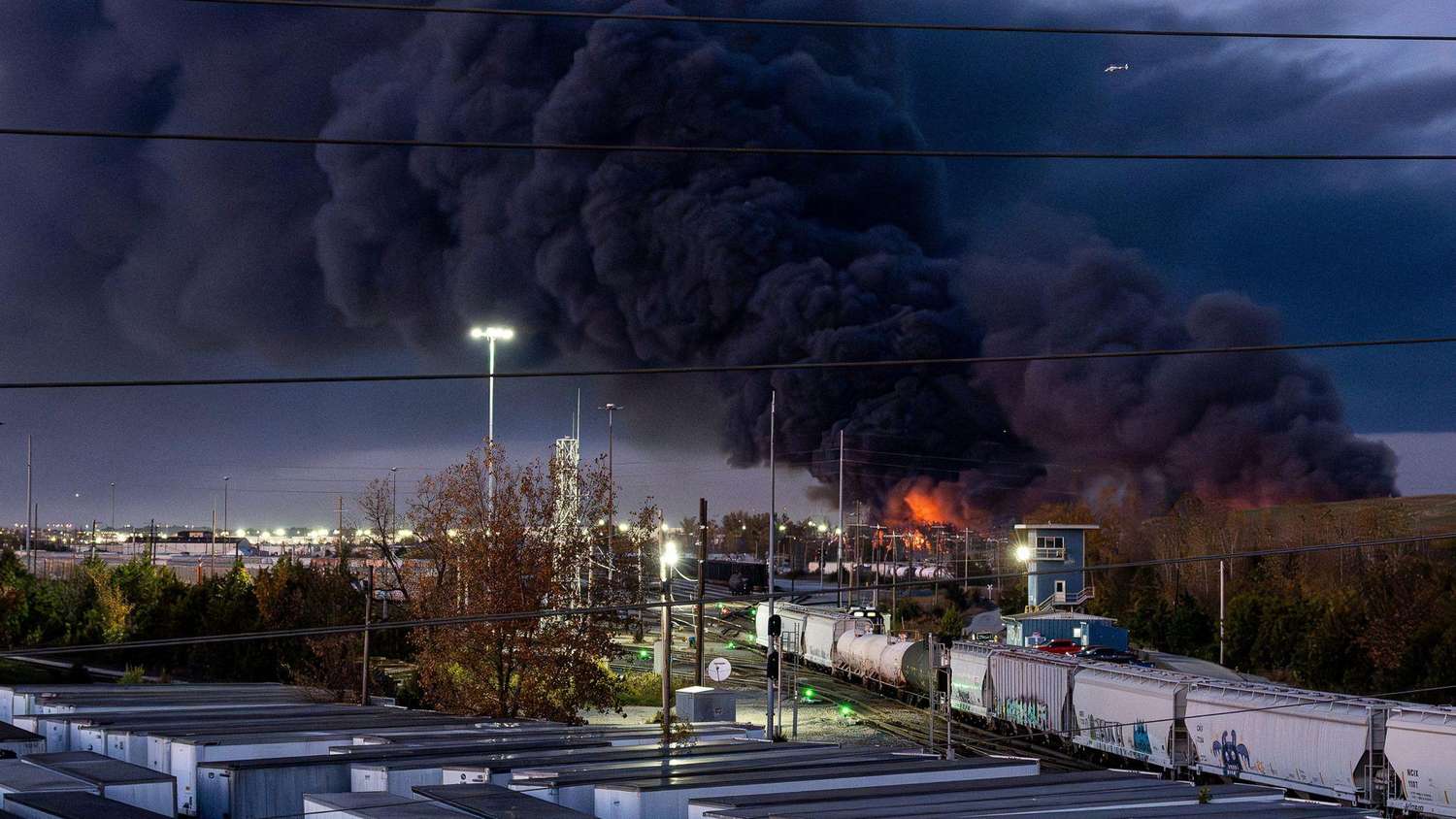The digital heart is growing weary. While dating apps once promised a limitless buffet of potential partners, the tide is turning as Gen Z, the first generation to be entirely raised in the digital era, is now actively seeking an 'IRL' (In Real Life) Uprising in romance. Far from being "anti-social," this generation is experiencing a severe case of dating app burnout, leading to a widespread retreat from the endless swiping that defined the last decade. Updated statistics from the UK and emerging cultural shifts confirm that the past glory days of online dating are facing a serious challenge.
The Numbers Speak: Fatigue and the Quest for Authenticity
The perception that online dating is the default is rapidly changing. Recent UK data reveals a notable fatigue; while one in five online 18-to-24-year-olds still use a dating service, major players like Tinder and Bumble have seen a substantial drop in users. The core issue lies in satisfaction: an overwhelming 90% of Gen Z report feeling frustrated with dating apps. This disillusionment stems from a myriad of issues—from being perpetually ghosted, to navigating 'breadcrumbing,' and encountering individuals who lack genuine investment in a serious connection. The result is a surge in interest for 'old-fashioned' methods, with one study showing that over half of Gen Z singles in the UK would prefer to ditch apps and meet their partner in person. This shift isn't just a nostalgic trend; it's a profound yearning for authenticity and a return to meaningful, slower-paced connection.
The Battle of the Sexes and the 'Invisible Labour' Divide
The current dating climate is also heavily influenced by evolving gender dynamics and social media discourse. Buzzwords like 'invisible labour' and 'weaponized incompetence' reflect a generation of women who are increasingly unwilling to "mother" their romantic partners. This aversion to unequal effort is pushing many, particularly women, to value self-sufficiency or platonic relationships over the emotional and mental exhaustion often associated with modern online dating. As a result, both men and women are finding the hyper-transactional nature of swiping to be a poor pathway to the deep, genuine connection they truly desire. The initial convenience of judging partners based on a handful of photos and a vague bio has ultimately led to a devaluing of real-world chemistry and conversation.
Navigating Faith and Modernity in British South Asian Communities
In the diverse landscape of the UK, the shift away from secular dating apps presents a unique dynamic within the British South Asian, and particularly the British Bangladeshi Muslim, communities. For these groups, where faith and family values traditionally guide the journey to marriage, the secular, often hook-up-focused app culture has always been a challenging fit. However, a new generation of UK-born Muslims is navigating a complex balance between their religious identity (Deen) and the contemporary world (Dunya).
While a significant portion of the British Muslim population still relies on family introductions, community events, or specialised platforms like Muzz (formerly Muzmatch), there is a growing interest in ways to meet people in real-life settings that are compatible with their faith—often seeking out partners who share their level of religious practice. For British Bangladeshi youth, who are often heavily concentrated in areas like East London, the pressure to delay marriage for education and career, while upholding cultural expectations, remains high. The desire for a 'halal' (permissible) path to love is pushing many towards moderated, in-person social events or community-endorsed introductions, reflecting the wider Gen Z trend of prioritising meaningful connection and shared values over ephemeral digital encounters. The evolution here is not just abandoning apps, but modernising traditional methods to find a partner who aligns with both their British identity and their religious and cultural heritage.
A New Chapter for Romance
The rise of IRL connection underscores a major recalibration in the search for love. It’s a movement powered by Gen Z's weariness with the digital charade and a desire for relationships built on authentic interaction, shared values, and mutual effort. The future of dating in the UK appears to be a hybrid model: one where technology serves as a tool for introduction, but where the real, meaningful work of romance happens face-to-face, off-screen, and in the wild. This is not the end of dating, but a return to its roots—a nostalgic yet revolutionary chapter in modern romance.
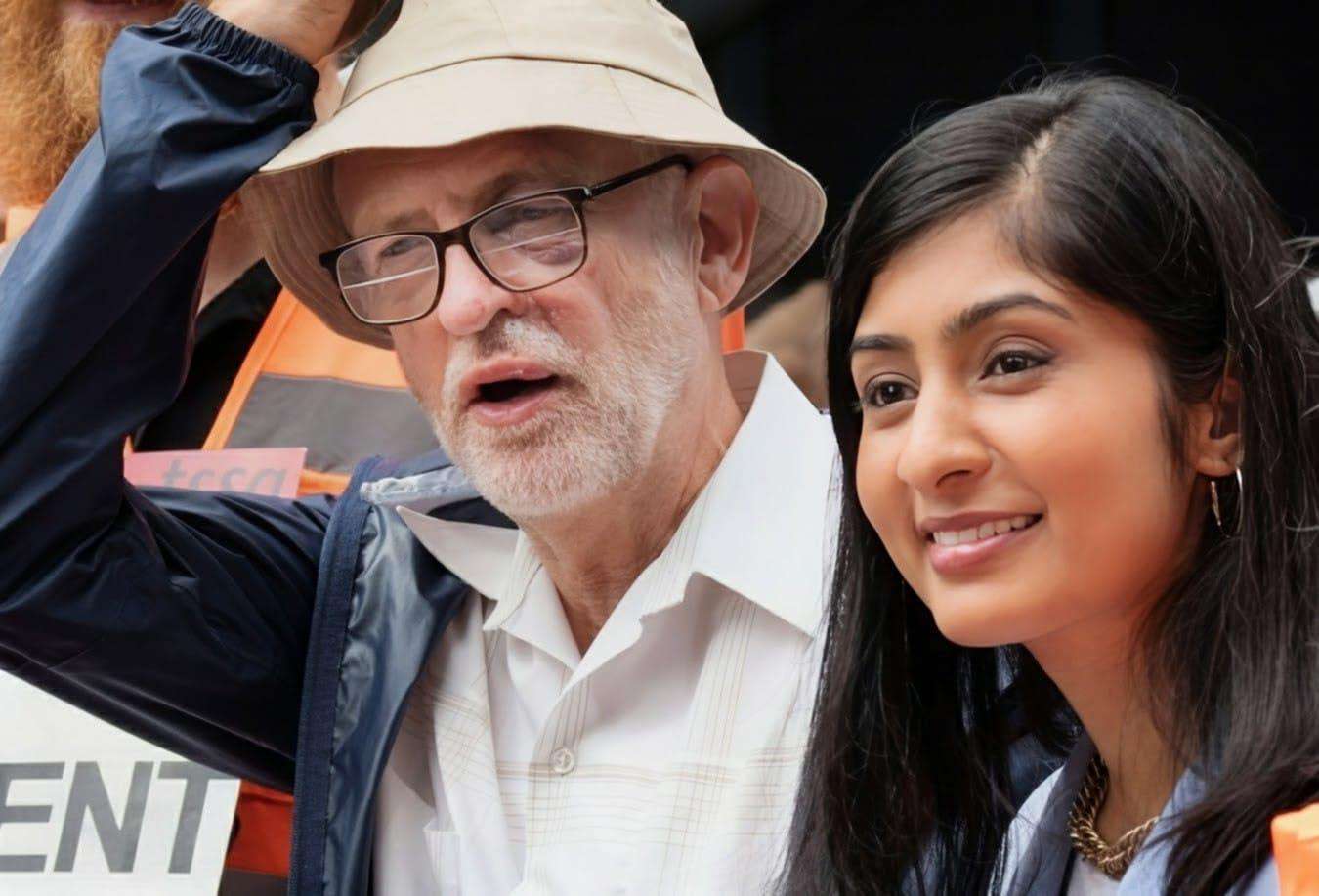
.jpg)
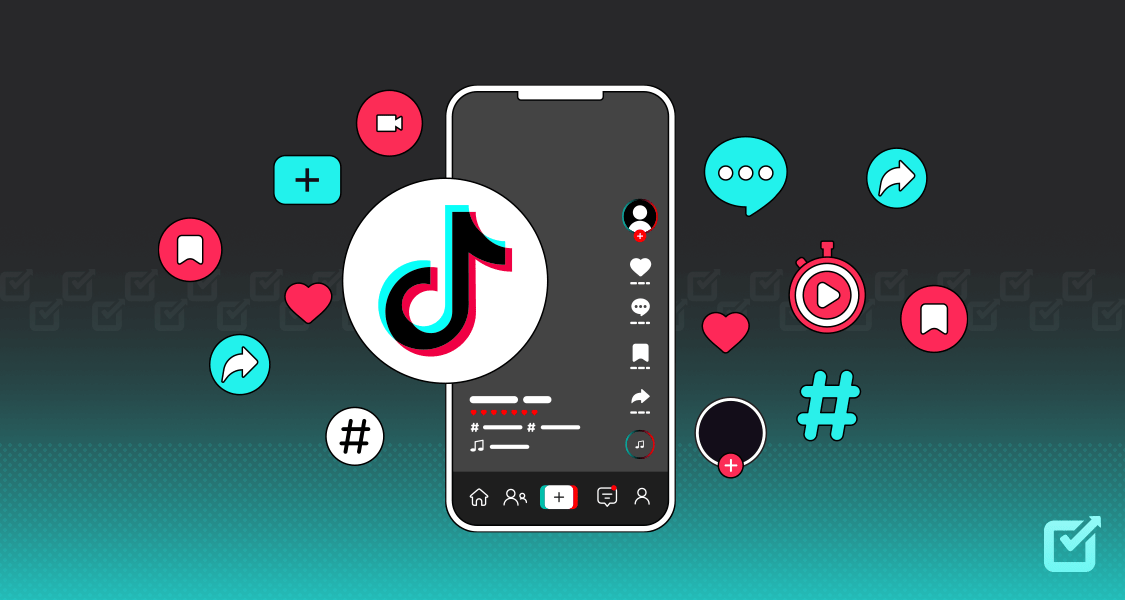

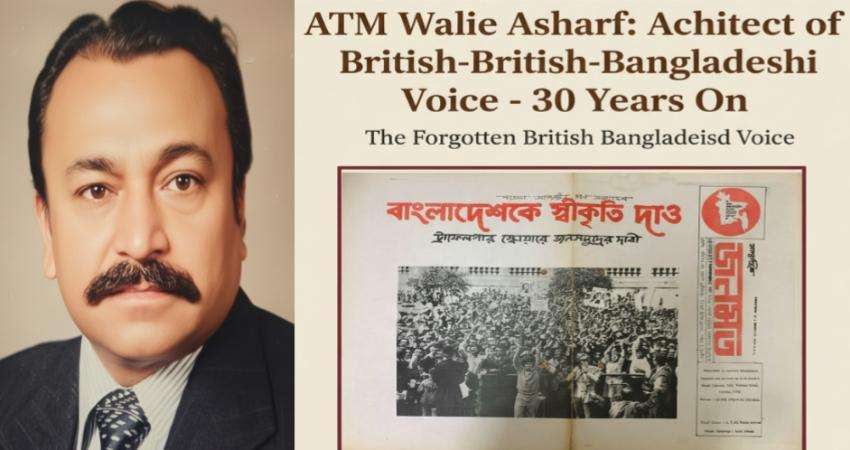


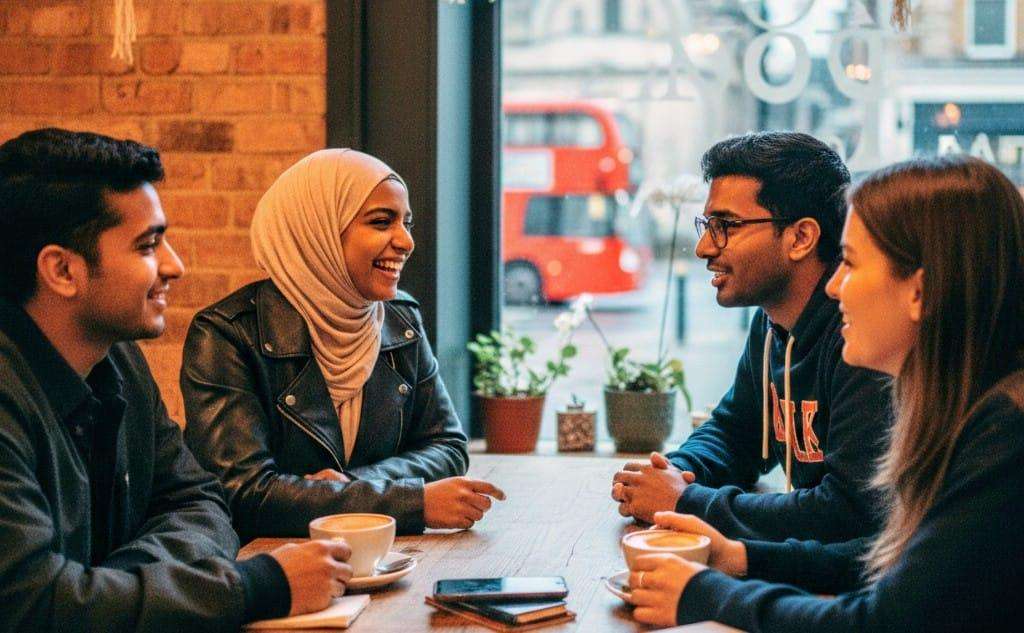
.svg)


